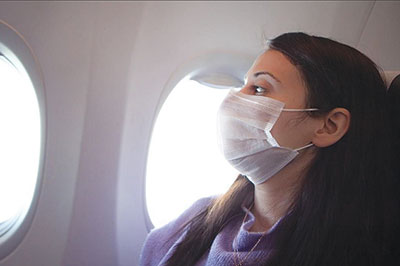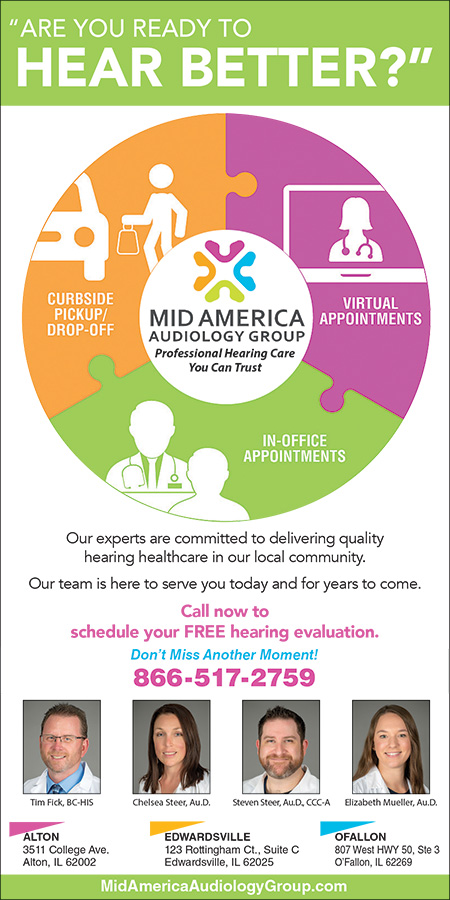 Travel increases your chances of getting and spreading COVID-19. Airports, bus stations, train stations and rest stops are all places travelers can be exposed to the virus in the air and on surfaces. These are also places where it can be hard to social distance.
Travel increases your chances of getting and spreading COVID-19. Airports, bus stations, train stations and rest stops are all places travelers can be exposed to the virus in the air and on surfaces. These are also places where it can be hard to social distance.
How risky is flying during the coronavirus pandemic?
Flying can increase your risk of exposure to infection, but airlines are taking some precautions and you can too.
SITTING IN CLOSE CONTACT
Air travel means spending time in security lines and airport terminals, which puts you into close contact with other people. As travel slowly recovers, planes are becoming more crowded, which means you will likely sit close to other people, often for hours, which raises your risk.
Once on a plane, most viruses and other germs don’t spread easily because of the way air circulates, according to the U.S. Centers for Disease Control and Prevention. Airlines also say they are focusing on sanitizing the hard surfaces that passengers commonly touch.
Some airlines like Alaska, Delta, JetBlue and Southwest are blocking middle seats or limiting capacity. But even if every middle seat is empty you will likely be closer than the recommended distance of six feet to another passenger now that planes are getting fuller. American, United and Spirit are now booking flights to full capacity when they can. All leading U.S. airlines require passengers to wear masks. Lauren Ancel Meyers, an expert in disease outbreaks at the University of Texas, says that can help limit risk.
WEAR A MASK, WASH YOUR HANDS
For air travel, and all other types of transportation, the CDC recommends washing your hands, maintaining social distancing and wearing face coverings. Still, Meyers said you still might consider whether you need to be on that plane. “We should all be in the mindset of ‘only if necessary’ and always taking the most precautions we can to protect ourselves and others,” she said.
Before you travel, learn if coronavirus is spreading in your local area or in any of the places you are going. Traveling to visit family may be especially dangerous if you or your loved ones are more likely to get very ill from COVID-19.
Going camping at a time when much of the United States is experiencing community spread of COVID-19 can pose a risk to you if you come in close contact with others or share public facilities (like restrooms or picnic areas) at campsites or along the trails.
ANTICIPATE TRAVEL NEEDS
- Bring enough of your medicine to last you for the entire trip.
- Pack enough alcohol-based hand sanitizer (at least 60 percent alcohol) and keep it within easy to reach.
- Bring a cloth face covering to wear in public places.
- Prepare food and water for your trip. Pack non-perishable food in case restaurants and stores are closed.


